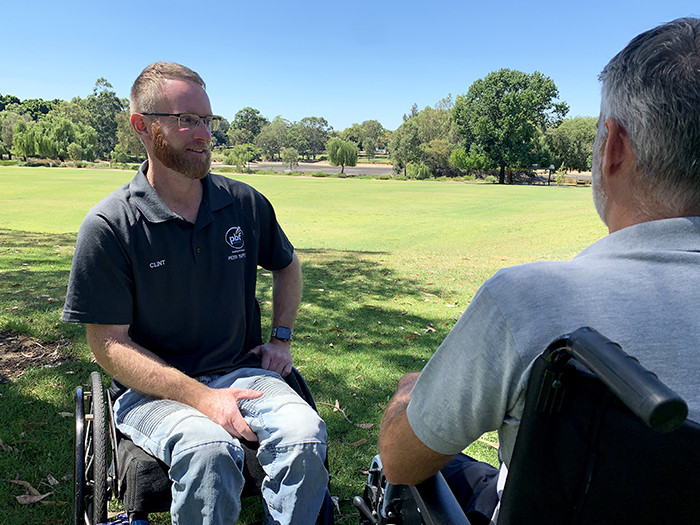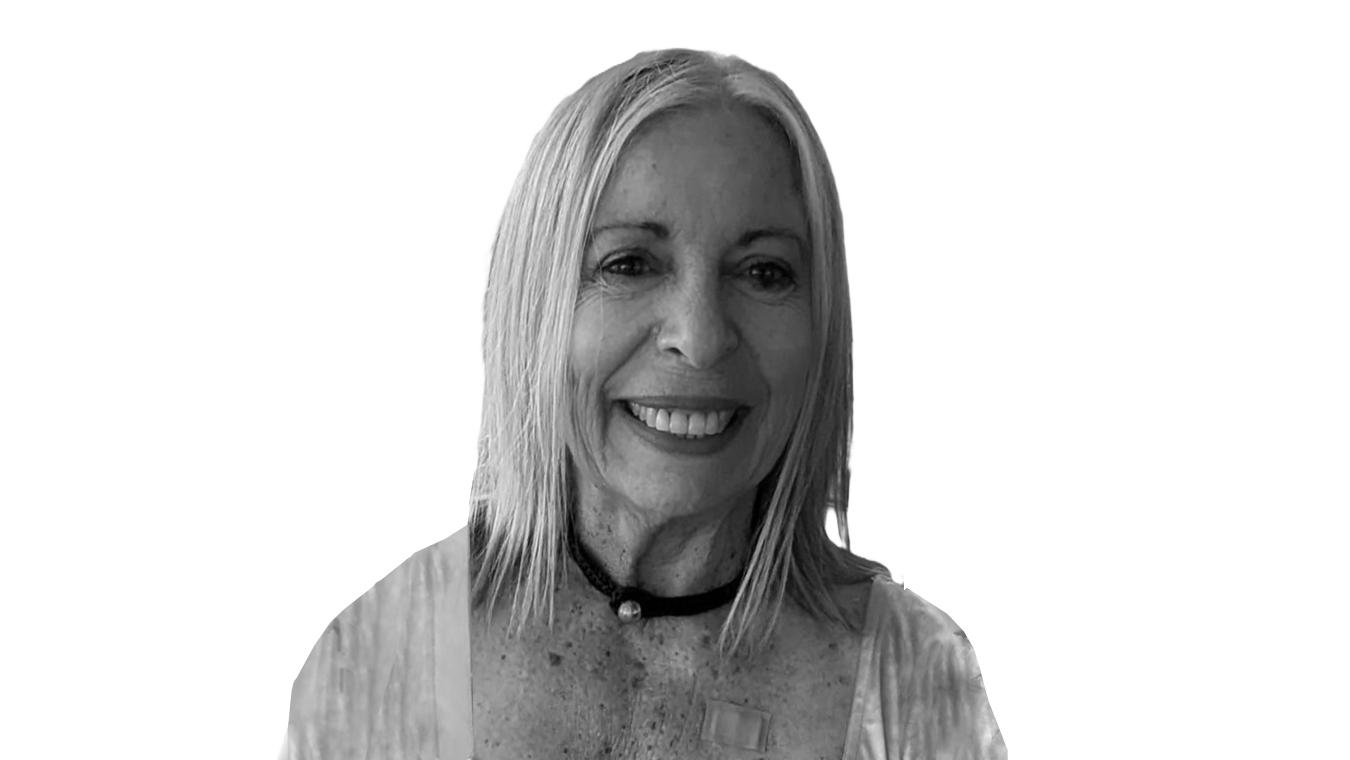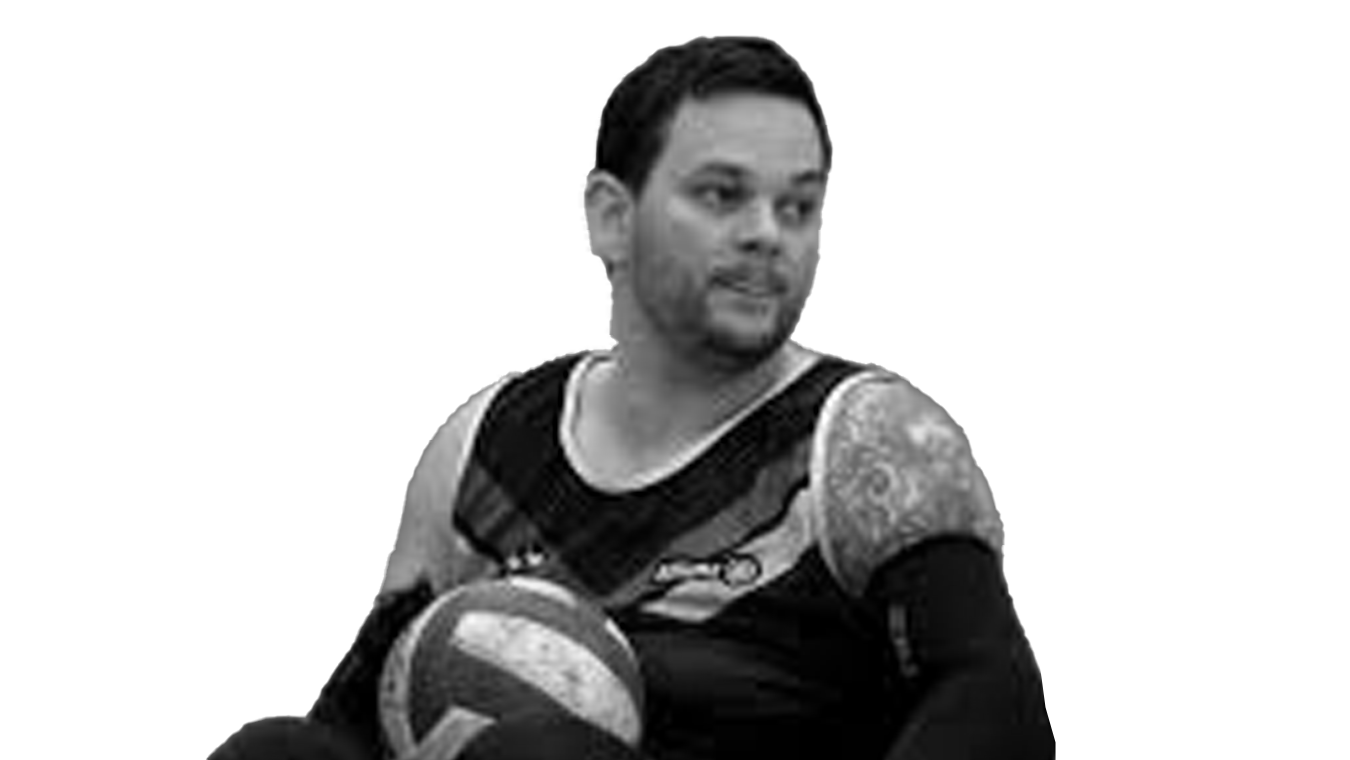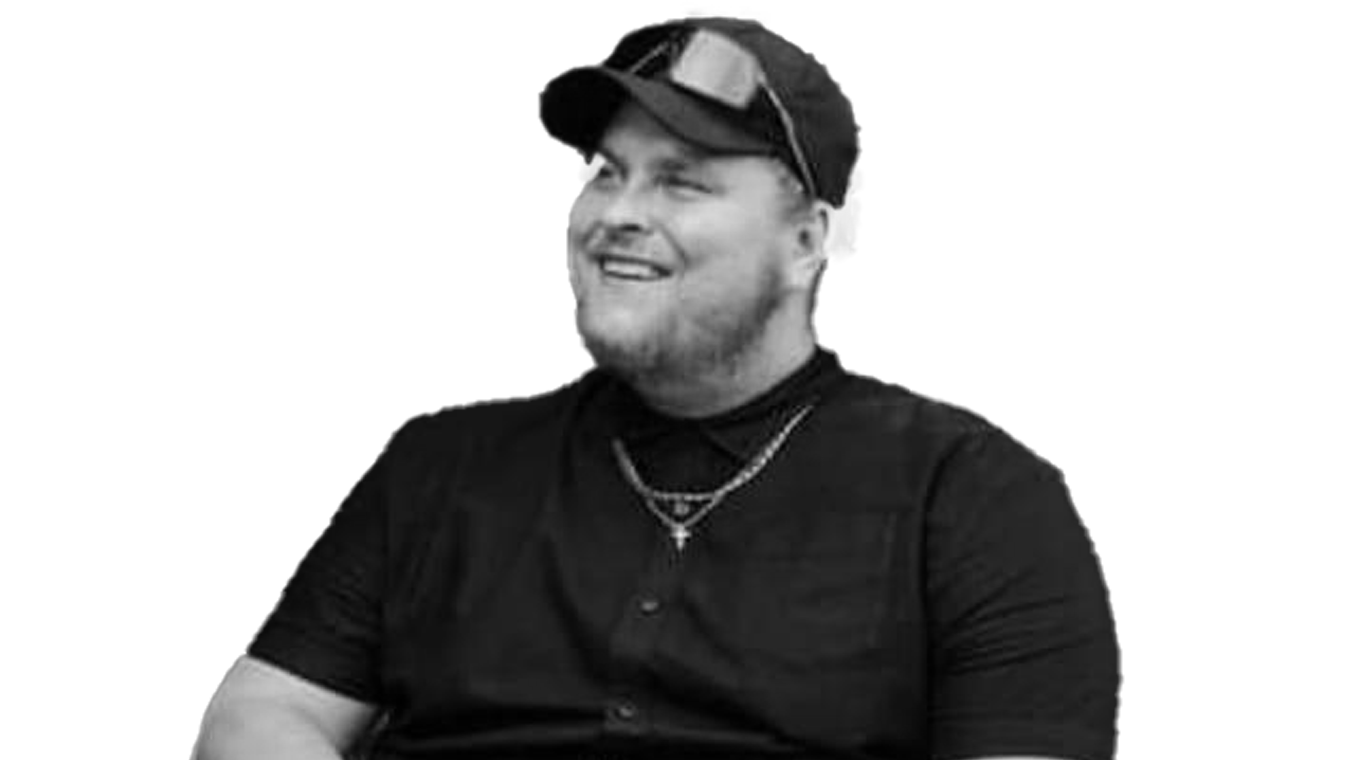
Spinal cord injury
support & rehabilitation
The first weeks and months following a spinal cord injury are incredibly challenging, often spent in hospital rehabilitation. Paralysis from a damaged spinal cord can lead to permanent changes affecting mobility, sensation, and bladder, bowel, or sexual function.
Funded by our dedicated members, PBF Australia proudly offers a unique Peer Support Program that supports individuals, workplaces, community groups, and sporting clubs—not only during hospital rehabilitation but throughout the ongoing journey after injury.
Our peer support team, made up of compassionate individuals living with paraplegia or quadriplegia, provides non-clinical advice, information, and emotional support to those injured, as well as their families and support networks.
We’re here to help people living with spinal cord injury move forward with confidence, independence, and hope—no matter where they are in their recovery.
Our Peer Support Team
Jason Lewis
PEER SUPPORT OFFICER
Date of injury: April 2002
Age at time of injury: 28 years
Injury: Quadriplegia
Jason sustained a spinal cord injury whilst jumping up for the ball in a game of Aussie Rules Football. Jason had a young family and used that for inspiration to get through the toughest time in his life. Jason found it hard when he first got home but changed his life around when he coached his football team to a premiership and has never looked back since. Jason went on to play wheelchair sports (powerchair football) and was the President for 9 years, as well as obtaining a Diploma in Community Services. Jason has never stopped living his life any different then he used to before his injury, including going camping, fishing, travelling, playing sport, concerts, spending time with family and friends. Jason now works with PBF and shares his experiences with those on the spinal ward to give them hope and let them know that there is a light at the end of the tunnel.

Jane Hutch
PEER SUPPORT AND WELLNESS COORDINATOR
Date of injury: December 2009
Age at time of injury: 47 Years
Injury: Paraplegia

Georgia Inglis
PEER SUPPORT MENTOR
Date of injury: 2004
Age at time of injury: 10 Years
Level of injury: Paraplegia
Georgia sustained a spinal cord injury at 10 years old and found the early years of adjustment very challenging. Her turning point came when she discovered wheelchair basketball, where meeting others with similar experiences showed her that life could still be full of opportunity, family, sport, and adventure. Since then, Georgia has developed a passion for supporting others with spinal cord injury. She is completing her PhD which has focussed on recovery, sport participation, and wheelchair scripting, and has a growing interest in sharing her pregnancy and postpartum journey. Georgia is committed to educating and inspiring others to live fulfilling lives.

Jake Howe
PEER SUPPORT MENTOR
Date of injury: 2012
Age at time of injury: 20 years
Injury: Incomplete Quadriplegia
Jake’s life changed in an instant when a playful wrestle with a friend during a 21st birthday river cruise left him with a spinal cord injury, paralysed from the armpits down. Despite this, he has embraced new opportunities and is now a proud National ParaRugby Champion. Jake is passionate about showing others that life after injury can still be rich and rewarding—encouraging people with SCI to get involved in sport, enjoy the outdoors, and believe anything is possible.

Callum Nell
VOLUNTEER PEER SUPPORT MENTOR
Date of injury: 2020
Age at time of injury: 24 years
Injury: Paraplegia
One spontaneous decision changed everything for Callum. In September, 2020, he decided to take his dirt bike for a quick ride on the street and collided with a delivery vehicle. The accident left Callum facing challenges he never imagined, but it also became a turning point. From that moment on, he made a vow. To not let the wheelchair define or limit him, Callum chose to use his experience as a source of strength and inspiration. Today, Callum’s greatest achievement is showing others that it is possible to live a fulfilling and meaningful life, no matter the obstacles.
Our Impact
“For the past nine years, I have worked closely with the PBF peer support team on the Spinal Units at both Shenton Park Campus and Fiona Stanley Hospital. The benefits of having people who are living with a spinal cord injury providing personal knowledge and experience to newly-injured patients and their families cannot be underestimated. I have seen how patients learn and engage more with people who overcome daily challenges themselves; such as the practical skills of how to get in and out of a car, or learning how to put their jeans on in the morning. Even the most experienced spinal clinicians can’t share these little tricks and tips that the peer support team have learnt to make their own lives easier. Perhaps most importantly they provide moral support, inspiration and real life experience to our patients and their families.”
Anne Watts – Nurse Unit Manager, Spinal Rehab, WA State Rehabilitation Service.
